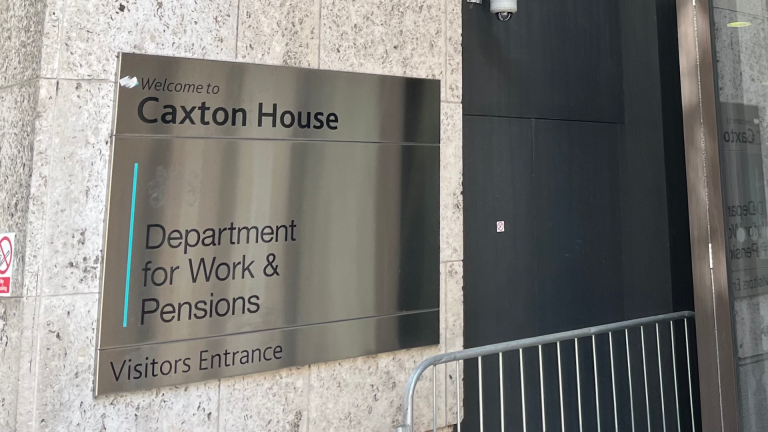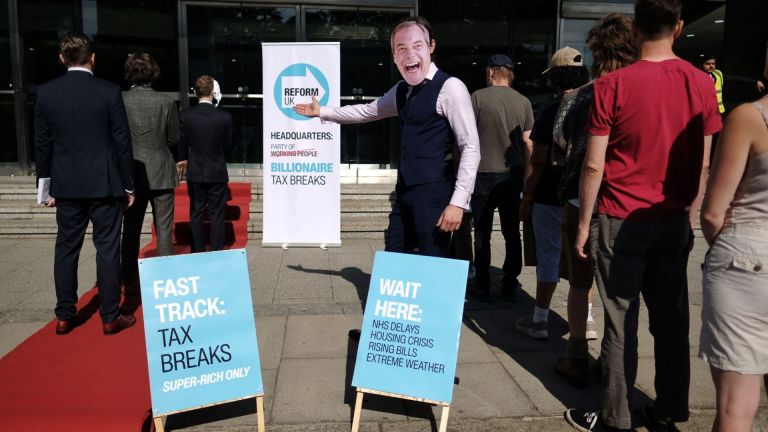Lockdowns have taken income away from hundreds of Big Issue sellers. Support The Big Issue and our vendors by signing up for a subscription.
Freedom of Information requests filed by TaxWatch revealed the DWP brought 85,745 criminal prosecutions against benefits claimants in the past 11 years, compared to 3,665 tax offence prosecutions from HMRC.
The number of tax crime prosecutions has decreased by nearly 40 per cent since 2015. However, in the past 11 years, 8.5 times more suspended or immediate jail sentences have been handed down for benefits offences compared to tax crimes.
The Public Accounts Committee called the number of prosecutions for offshore tax evasion “woefully inadequate” in 2015, before challenging HMRC to do more to “counter the belief that people are getting away with tax evasion”. Since then, live investigations into tax offences have risen from 50 to 400.
No company has been prosecuted in that time, despite corporate giant Amazon — and others like it — coming under fire for the amount of tax it pays in the UK.
Advertising helps fund Big Issue’s mission to end poverty
Varun Kanish, campaigns manager at anti-poverty charity Turn2us, said benefits claimants had been “demonised” by the DWP and “certain sections of the media”.
“In reality, barely 1 per cent of benefit claims are fraudulent, and nine out of ten reports of fraud are totally baseless. The scale of benefit fraud is insignificant when compared to tax fraud, and so the government must ask itself why it puts so much more resources into the former issue.”
A government spokesperson dismissed the claims.
“In 2020 HMRC was given more than £100 million of additional funding to tackle tax cheats,” a government spokesperson said. “Tax evasion is taken just as seriously as benefit fraud and to suggest otherwise is to ignore the facts.
“HMRC always thoroughly investigates tax evasion and the CPS criminally prosecutes in the most serious cases. This approach works and is clearly shown by the fact HMRC continues to bring in record tax revenues and compliance yield, securing £37 billion in additional tax through our civil and criminal work to tackle tax avoidance, evasion and non-compliance in the last year.”
There is also disparity between the rate at which the DWP and HMRC opt for criminal prosecution to recoup money, rather than civil processes, according to the TaxWatch research.
Advertising helps fund Big Issue’s mission to end poverty
Where HMRC has a “strong preference” against criminal investigation, DWP policy means it is more likely to pass cases to the Crown in certain circumstances, such as when a person owes more than £5,000.
The research findings “speak to the way in which government and society as a whole” treat crimes committed by people claiming benefits compared to tax cheats, according to the study.
“A consequence of this nasty discourse around benefit claimants is that people who need help don’t go on to claim their benefits entitlement due to the stigma,” continued Kanish.
“This worsens people’s financial situation and leaves them more vulnerable to poverty. We must change the narrative and start talking about our social security system like we do our NHS – something we all can be proud of.”










